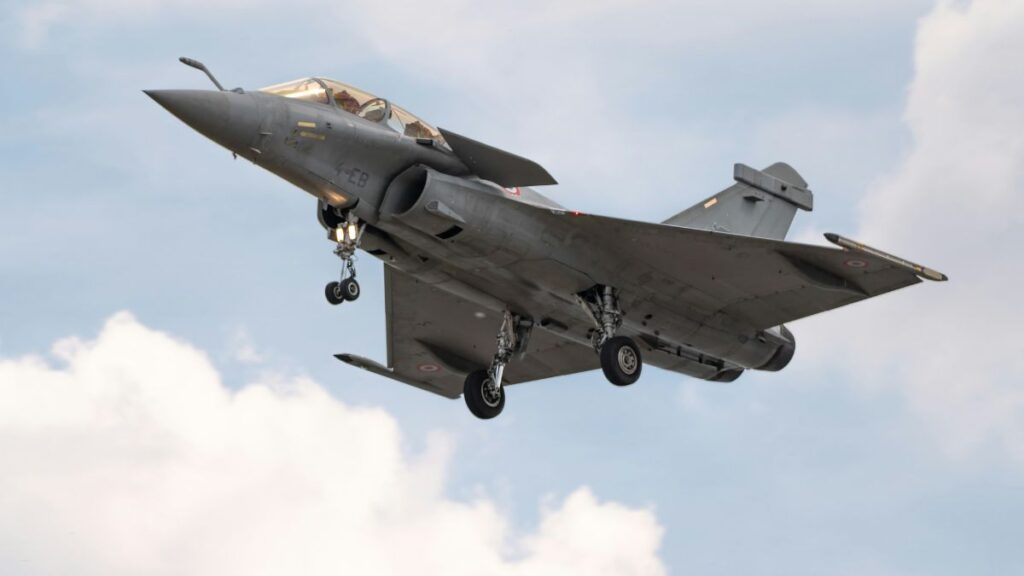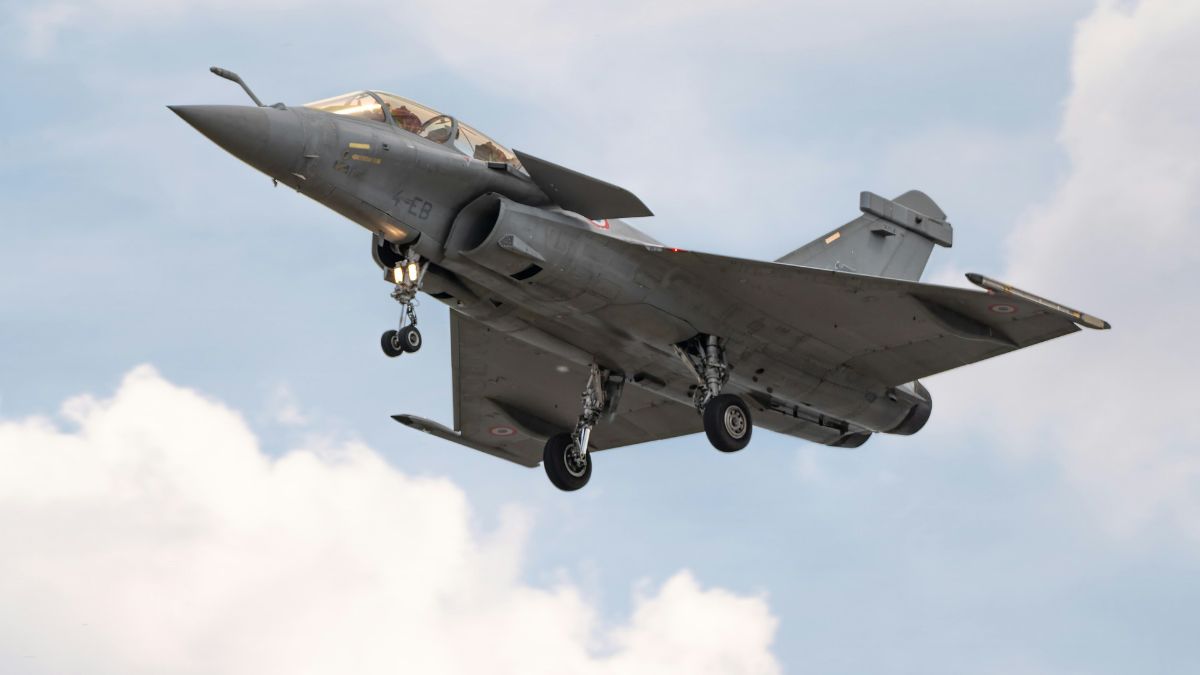
India’s initiation of formal negotiations with France for the acquisition of 26 Dassault Rafale-Marine fighters represents a significant milestone in its quest to bolster its military capabilities. The anticipated deal, valued at over Rs 50,000 crore, underscores India’s commitment to modernizing its armed forces and enhancing its strategic preparedness in the face of evolving security challenges, particularly in the Indian Ocean Region.
The decision to procure these advanced fighter jets is driven by a pressing need within the Indian Navy to augment its aerial combat capabilities, particularly in light of the expanding maritime presence of China. With China’s aggressive naval maneuvers and the ongoing development of its aircraft carrier fleet, India recognizes the imperative of equipping its own aircraft carriers with state-of-the-art fighter aircraft capable of ensuring naval superiority and safeguarding its maritime interests.
Search
Recent Posts:
- OpenAI Brings ChatGPT to be used in WhatsApp: Here’s How It Works and What You Can Do To Use It.
- Realme 14x 5G: A Budget Smartphone With Premium Features.
- Exploring Apple Genmoji: A New Era of Custom Emoji Creation.
- 2024 United States Presidential Election: Donald Trump Declares Victory in 2024 Presidential Election
- Chancellor Olaf Scholz’s Visit to India: Advancing Indo-German Cooperation on Defense, Trade, and Regional Stability.
- Realme GT 7 Pro Is Ready To Launch in India On November with Snapdragon 8 Elite.
Procuring Dassault Rafale-Marine Fighters for Carrier-Based Operations
The Dassault Rafale-Marine fighters, renowned for their supersonic speed, advanced avionics, and combat capabilities, are deemed well-suited for carrier-based operations. Their integration into the Indian Navy’s aircraft carrier fleet, comprising the INS Vikramaditya and the indigenous INS Vikrant, is expected to significantly enhance the Navy’s operational effectiveness and combat readiness.
The forthcoming negotiations with France mark a crucial phase in the procurement process, as both sides seek to finalize the terms of the contract and address key technical, commercial, and logistical considerations. A team comprising officials from the French government, Dassault Aviation (the manufacturer of the Dassault Rafale jets), Thales (the weapon systems integrator), and other stakeholders is slated to engage in discussions with India’s defence ministry’s contract negotiation committee (CNC) to chart the way forward.
India’s Meticulous Approach to Defence Procurement
The deliberations will encompass a range of issues, including the specifications of the aircraft, the scope of the contract, pricing, delivery schedules, maintenance and support arrangements, and technology transfer provisions. Given the magnitude and complexity of the proposed acquisition, meticulous attention to detail and rigorous scrutiny of all aspects of the agreement will be paramount to ensuring its successful execution.
The prolonged process leading up to the commencement of contract negotiations underscores the meticulousness with which India approaches major defence acquisitions. The evaluation of the bid submitted by France, followed by a thorough examination of the letter of acceptance (LoA) and associated technical documentation, exemplifies India’s commitment to due diligence and transparency in defence procurement.
India’s Defence Contract Negotiations Under the CNC
The involvement of the CNC, comprising officials from the Ministry of Defence’s acquisitions wing and representatives from the Navy, underscores the collaborative and multidisciplinary approach adopted by India in negotiating defence contracts. The committee’s mandate encompasses not only the negotiation of commercial terms but also the assessment of technical specifications, compatibility with existing infrastructure, and alignment with strategic objectives.
While the primary focus remains on expediting the conclusion of the negotiations and formalizing the government-to-government agreement, several procedural steps must be adhered to before the deal can be finalized. The requisite approvals from the highest echelons of government, including the Prime Minister-led Cabinet Committee on Security, are indispensable prerequisites for the signing of the contract.
The Strategic Significance of Acquiring Dassault Rafale-Marine Fighters
The proposed acquisition of 26 Dassault Rafale-Marine fighters is part of a broader strategy aimed at modernizing India’s naval aviation capabilities and addressing operational gaps within the existing fleet. In conjunction with the procurement of additional Scorpene submarines and ongoing indigenous development initiatives such as the twin-engine deck-based fighter (TEDBF), the acquisition of Rafale jets underscores India’s steadfast commitment to enhancing its maritime security posture and safeguarding its territorial interests.
As India navigates the intricacies of defence procurement and navigates the geopolitical dynamics of the Indo-Pacific region, the acquisition of Dassault Rafale-Marine fighters assumes heightened significance as a force multiplier and a symbol of India’s resolve to assert its strategic autonomy and safeguard its sovereignty. The successful conclusion of negotiations with France would not only bolster India’s naval capabilities but also deepen bilateral defence ties and reinforce strategic partnerships in pursuit of shared security objectives.
In light of the evolving security landscape and the imperative of maintaining a credible deterrent posture, India’s pursuit of advanced military capabilities, including carrier-based fighter aircraft, assumes paramount importance. The Dassault Rafale-Marine fighters, with their proven track record and formidable combat capabilities, are poised to play a pivotal role in enhancing India’s maritime security and projecting power across the vast expanse of the Indian Ocean Region.
To read more topics, please visit: https://insightfulbharat.com







